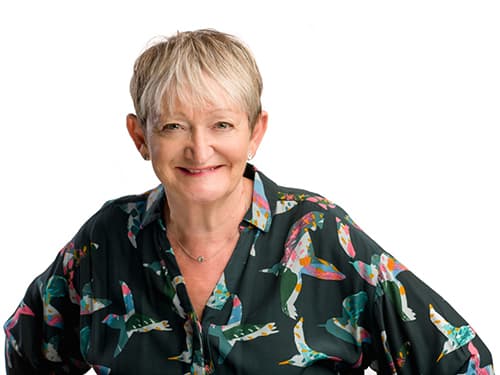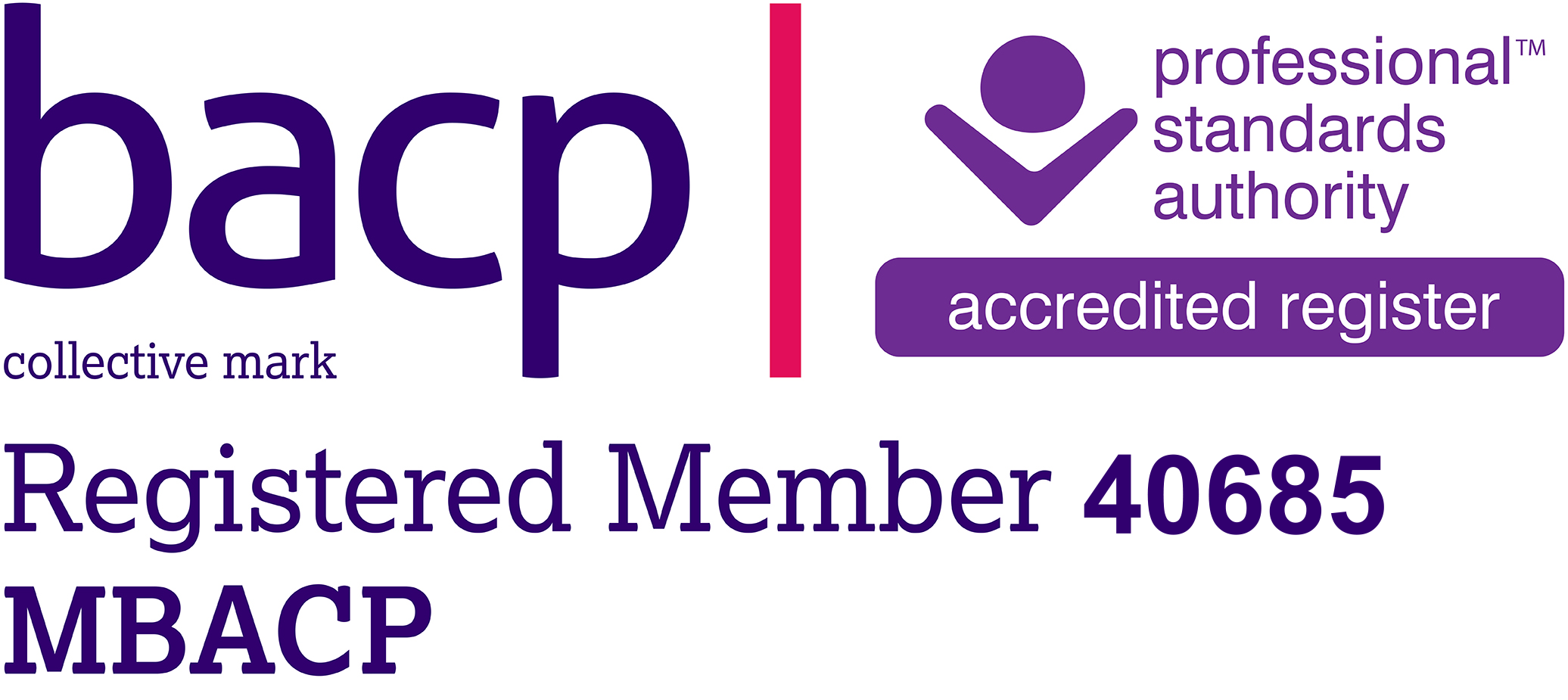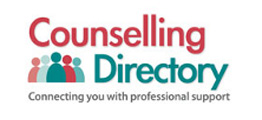Menopause – Let’s Talk About It
TV and radio presenter Mariella Frostrup recently commented that she looks forward to a time when women can “stop feeling so ashamed” of their bodies.
Along with other celebrities like Davina McCall, Mariella Frostrup is a menopause campaigner. She went on to say that she felt that when it comes to women’s health experiences “the world is not changing fast enough”.
And while we’ve made progress, through my experience working with clients, it’s hard to argue.
A Time Of Change
Perimenopause is a natural period of transition in a woman’s life. The stage before menopause, it can bring a range of challenging symptoms. Perimenopause can last a few months or years and have a significant impact on daily life.
Physical effects may include hot flashes, and night sweats, while anxiety and mood swings are commonly reported mental health symptoms.
Clients often talk to me about feeling like they have a ‘brain fog’, a common term when it comes to perimenopause. They struggle to remember things, and lapses in concentration mean they find it hard to explain things. Effective communication can become difficult, particularly with loved ones.
These symptoms can have an influence on not only those experiencing them, but also on relationships with partners, children, friends and at work. It can impact everyday communication and routines, and make already difficult life situations, such as bereavement, even more amplified.
Counselling As A Complementary Approach
Until not so long ago, women who were approaching or going through menopause and struggling with a range of emotional and psychological symptoms, were often offered anti-depressants. While they have their place in the right circumstance, it is much more common now for counselling to be suggested as an option, instead of or alongside medication. Recommendations can be more tailored to the needs of an individual and their symptoms.
Part of this picture is also the option of HRT to help to manage or alleviate the symptoms caused by the changes to hormonal levels. Of course, access to this option needs to be explored with a GP as counsellors are not medically qualified.
Counselling allows women a space to take their questions and thoughts and explore them, it offers a safe space to acknowledge their feelings and not be judged by them, or how well
they communicate them. It provides a different type of support, allowing for conversations they may not feel they are able to have with family or close friends.
A Pro-Active Approach
Talking with my clients, it feels like perhaps things are starting to move in the right direction when it comes to reducing the stigma of perimenopause and menopause. Slowly but surely, conversations are being had more openly, between woman and their friends, and on a wider level.
People who choose counselling tend to have already made the decision to explore and improve their mental health and wellbeing. They are looking to understand more about themselves, what influences how they feel, and find ways to gain a better balance in their lives. In a counselling relationship, one that is built on trust, acceptance and compassion, women say they feel seen and heard and taken seriously.
There is also an increased awareness of perimenopause and menopause. This is thanks in part to reduced stigma, but also an increased availability of information. Did you know for example, that World Menopause Day takes place each October to raise awareness of menopause and the support options available? From TV discussions to podcasts, blogs to social media, looking into the transition through menopause has never been more accessible.
This has led to symptoms being identified at a much earlier stage by those experiencing them. There can be downsides to this – one client disclosed how their GP dismissed them as being too young to be experiencing perimenopause symptoms but with no suggestion as to an alternative diagnosis. But in general, being able to spot the signs sooner can be helpful, providing time to plan next steps.
Just The Beginning
Even with that, there’s no denying that there is still a lot to do. We need to be better at understanding and supporting women experiencing menopause, at home, in society and at work. It is important that people treat the issue with the critical importance that it needs and deserves.
And it’s crucial that the conversations continue. Let’s talk more and try to ensure that this time of a woman’s life is better supported than in the past.
The stigma may be reducing. But we’re not there yet, as Mariella Frostrup explains:
“It’s something a lot of women live with, a lot of women don’t talk about, and a lot of women feel ashamed about – but it is actually something you can tackle, when there’s so many other symptoms women struggle to obtain treatment for.”



